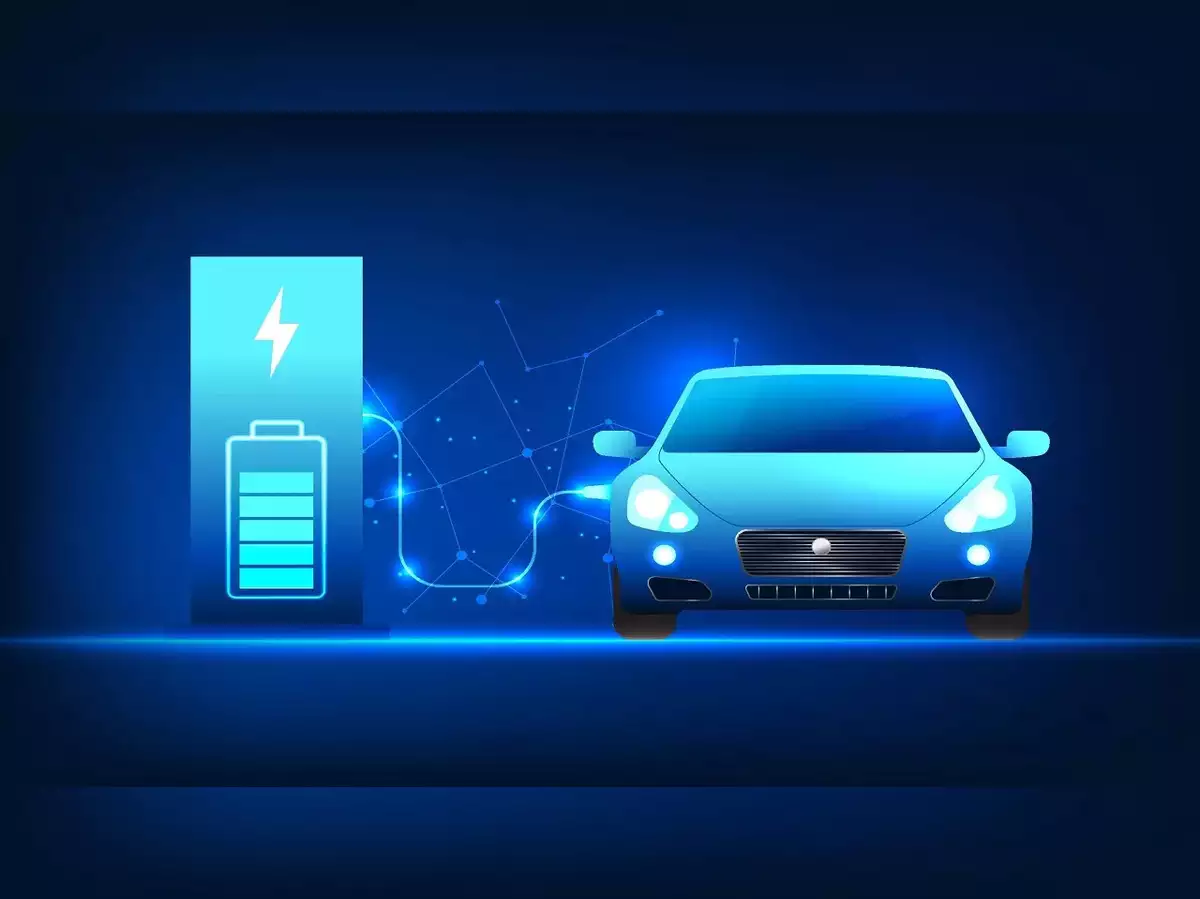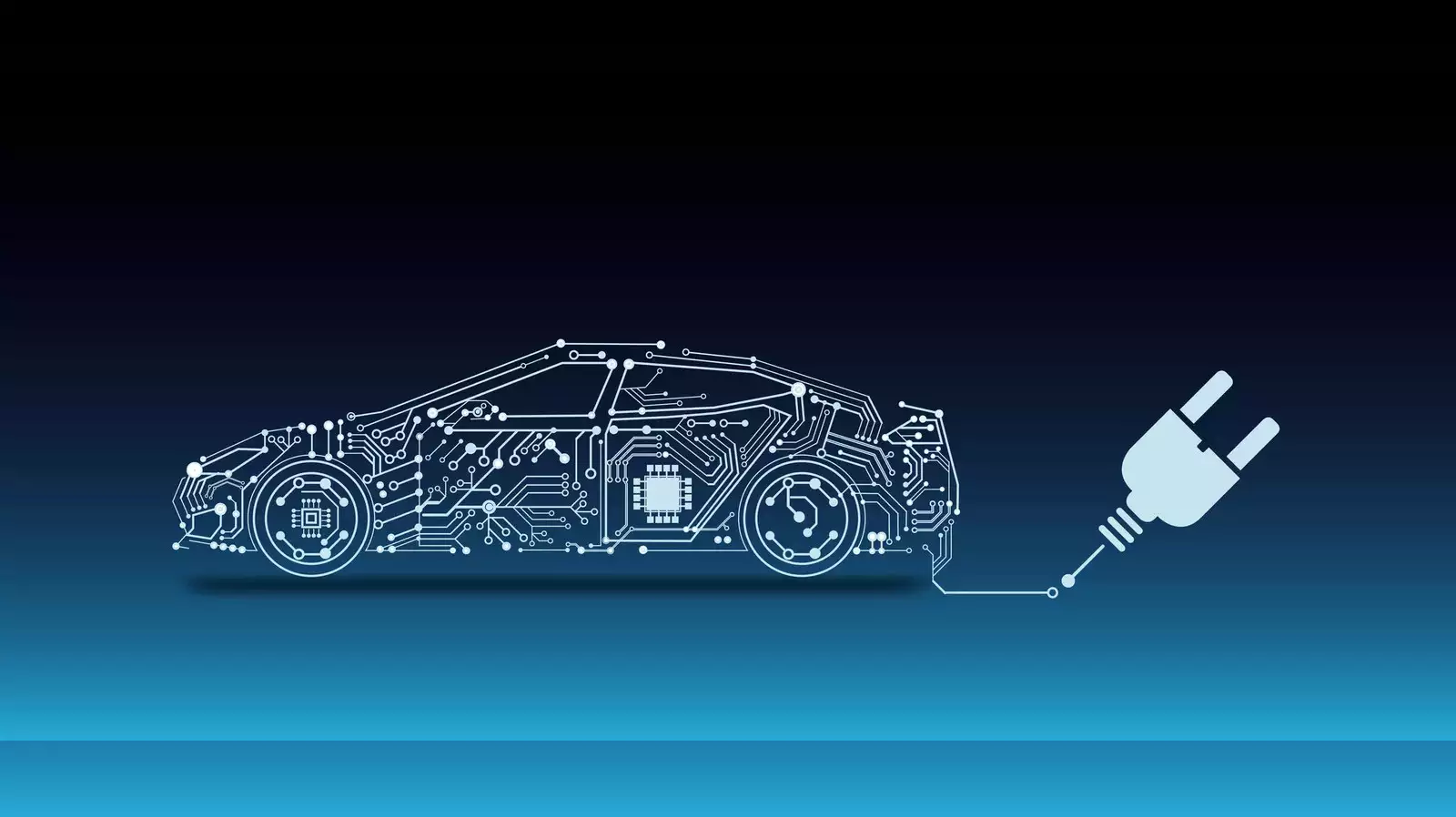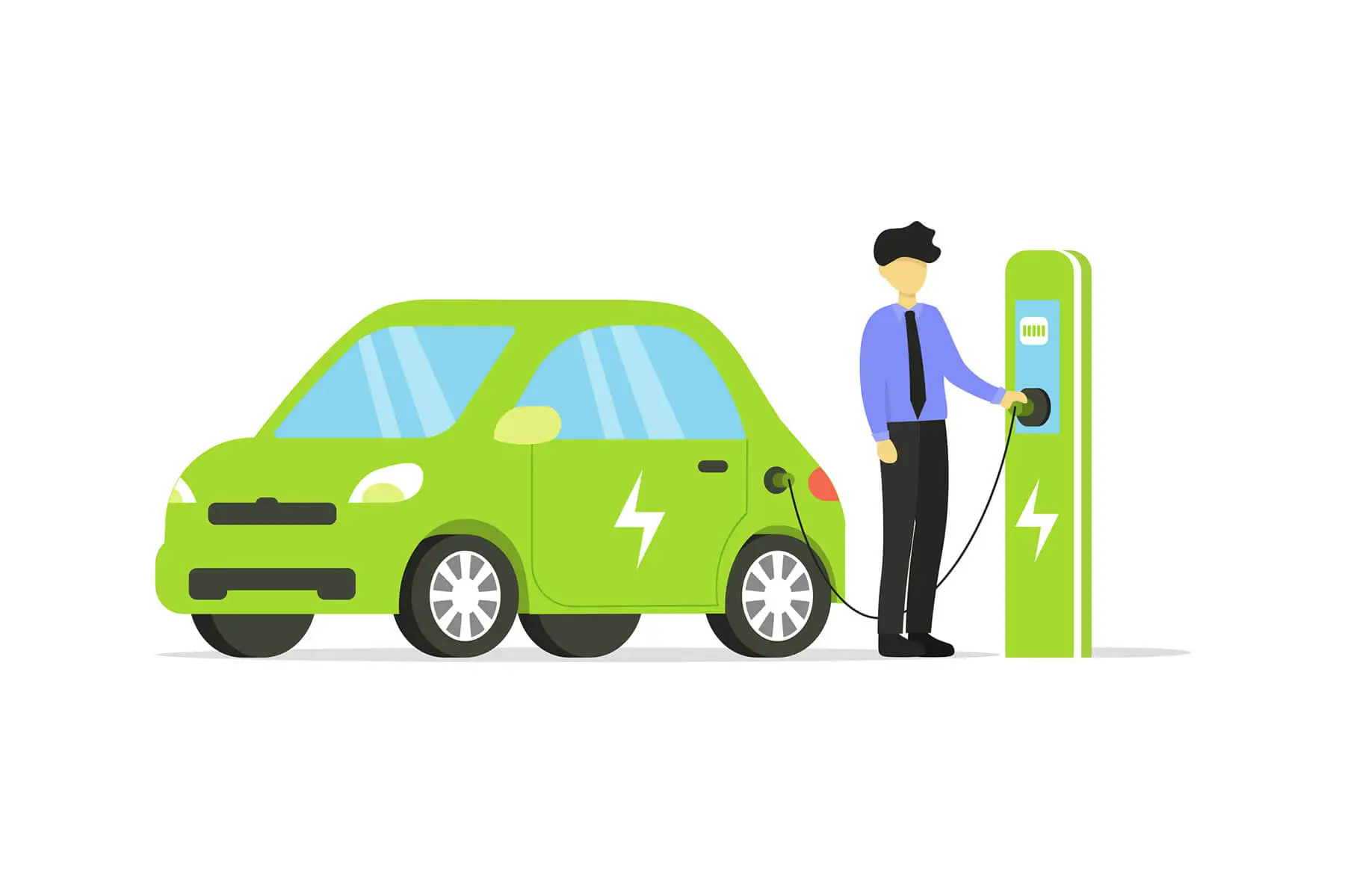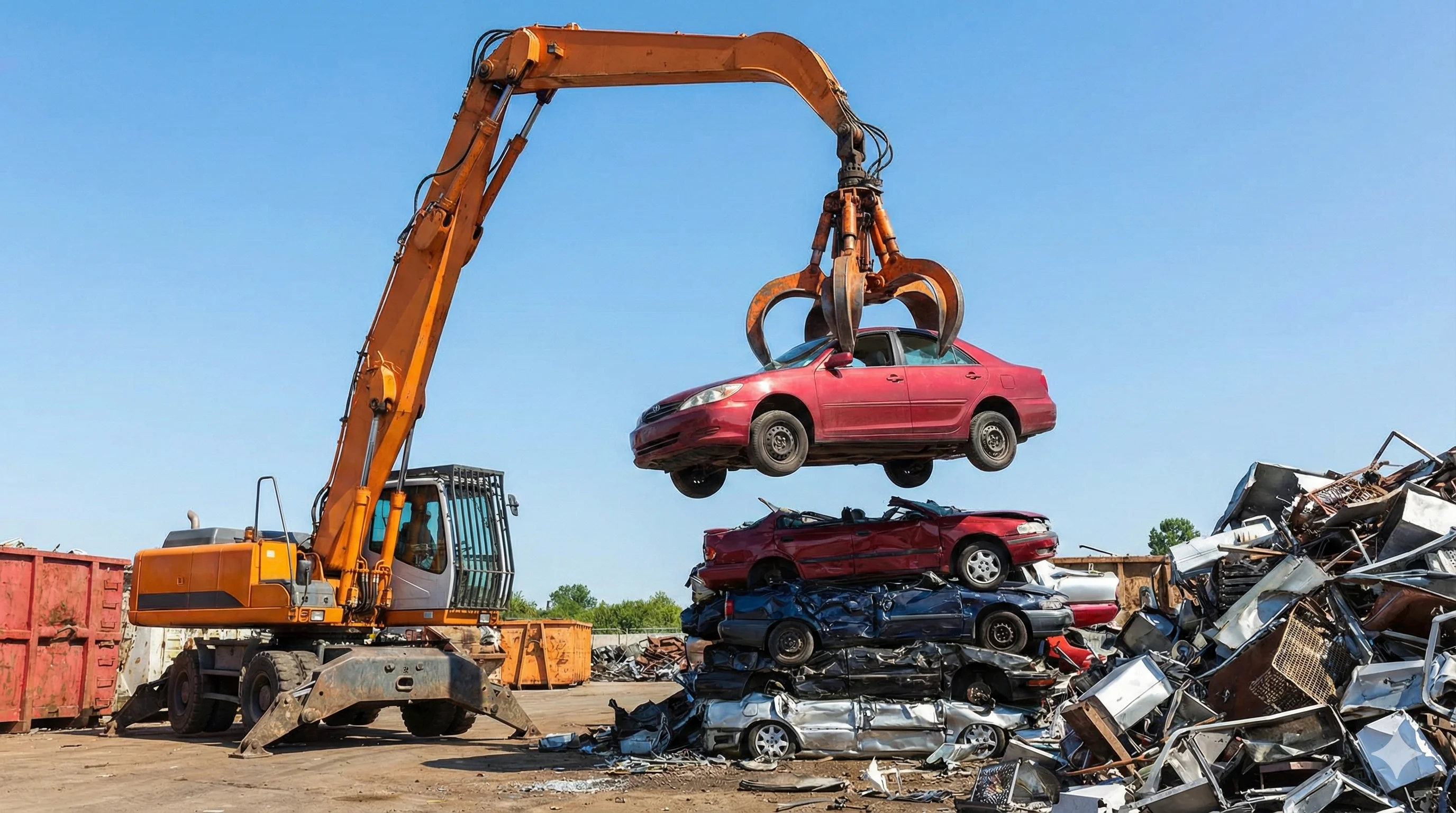
Table of Content
▼The Union Budget for 2024-25 did not include any direct subsidies or benefits for the EV sector, disappointing the industry despite prior indications from Heavy Industries Minister H D Kumaraswamy that there would be no new purchase subsidies for electric vehicles. However, there are ongoing discussions about the third edition of the FAME scheme, which aims to continue offering subsidies for EVs. This new edition, still awaiting approval from the Prime Minister's Office, is expected to include electric trucks for the first time and may have a similar budgetary allocation to the second edition, which ended on March 31, 2024.
If FAME III is not announced by the end of the month, the government might extend the short-term Electric Mobility Promotion Scheme (EMPS), which was effective from April 1 to July 31, for a few more months. The Ministry of Heavy Industries has declined to comment on this.
Rajat Mahajan, Partner at Deloitte India, highlighted the industry's disappointment with the lack of direct benefits in the Budget but noted the possibility of future relaxations by the Finance Ministry or GST Council. Another industry leader mentioned the absence of clear indications regarding the timeline for FAME III, though government officials have indicated it will be introduced eventually.

The second edition of FAME, launched in 2019, subsidized 11.7 lakh electric two-wheelers, 4,600 electric buses, and 1.3 lakh electric three-wheelers by March 31, 2024. In pre-Budget discussions, officials suggested that future policies might prioritize electric buses and trucks over electric two-wheelers.
The EMPS, with a Rs 500 crore budget and reduced subsidies, was introduced to cover the gap between April 1 and July 31. The industry hopes for its extension if FAME III is not finalized soon.
While the Budget did not offer direct benefits to automotive customers, Mahajan pointed out indirect benefits for the supply side, such as customs duty exemptions for critical minerals like Lithium and unchanged basic customs duty for battery cells and manufacturing machinery. These measures may encourage domestic production and support the energy transition. Additionally, the removal of basic customs duty on ferro nickel and blister copper could reduce input prices for vehicles, including batteries.
Also Read: Past, present & future of EVs: Advanced battery technology is key to success
Neha Mehlawat
Neha Mehlawat is an automotive journalist and industry analyst with 10+ years of experience covering cars, bikes, and mobility trends. She tracks the latest launches, technology upgrades, and policy changes in the auto sector, delivering sharp insights that help readers stay ahead in the fast-evolving world of automobiles.


_1771841137.webp)
_1771830586.webp)



